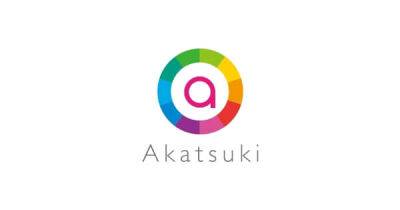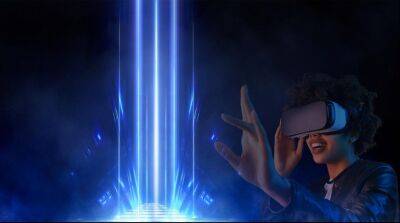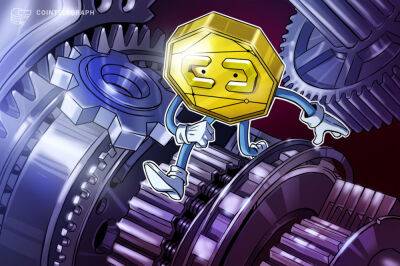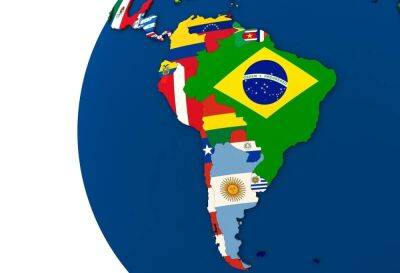How to incorporate a DAO and issue tokens to be ready to raise money from VCs
A DAO, or decentralized autonomous organization, is an online-based organization that exists and operates with no single leader or governing body. DAOs are run by code written on a blockchain like Ethereum (ETH) and are owned and operated by the people who use them.
There are many different types of DAOs, but they all have one thing in common: they are decentralized, meaning that decisions about the organization's future are decided by the collective group and not a single individual.
This decentralization is what makes DAOs promising, as it theoretically removes the possibility of corruption or manipulation by a single entity. Smart contracts (and not people) execute the terms and conditions of the organization, making them incredibly efficient and resilient to change.
How does a DAO work?
A DAO is a collection of smart contracts that live on the Ethereum blockchain. These contracts interact with each other to form the organization. They are written in such a way that anyone in the world can use them.
The code for a DAO is public, and anyone can view it to see how it works. This transparency is one of the key features of a DAO. Compared to traditional organizations, DAOs are much more efficient because there is no need for a middleman or central authority.
Another key feature of a DAO is that it is autonomous, meaning that it can operate without human intervention. This is made possible by using smart contracts, which can automatically execute tasks according to the programmed rules.
DAOs are self-governing and self-sustaining, meaning they can continue to exist and operate even if the original creators are no longer involved. This is another advantage of using smart contracts. They ensure the DAO continues to follow its
Read more on cointelegraph.com








![Decentraland [MANA]: 24-hours performance will make you go gaga - ambcrypto.com - city Santiment](https://gocryptonft.com/storage/thumbs_400/img/2022/6/1/45077_ccih.jpg)

![Shiba Inu’s [SHIB] ‘Rysohi’ factor could mean that investors are… - ambcrypto.com](https://gocryptonft.com/storage/thumbs_400/img/2022/5/31/44992_qkz.jpg)



